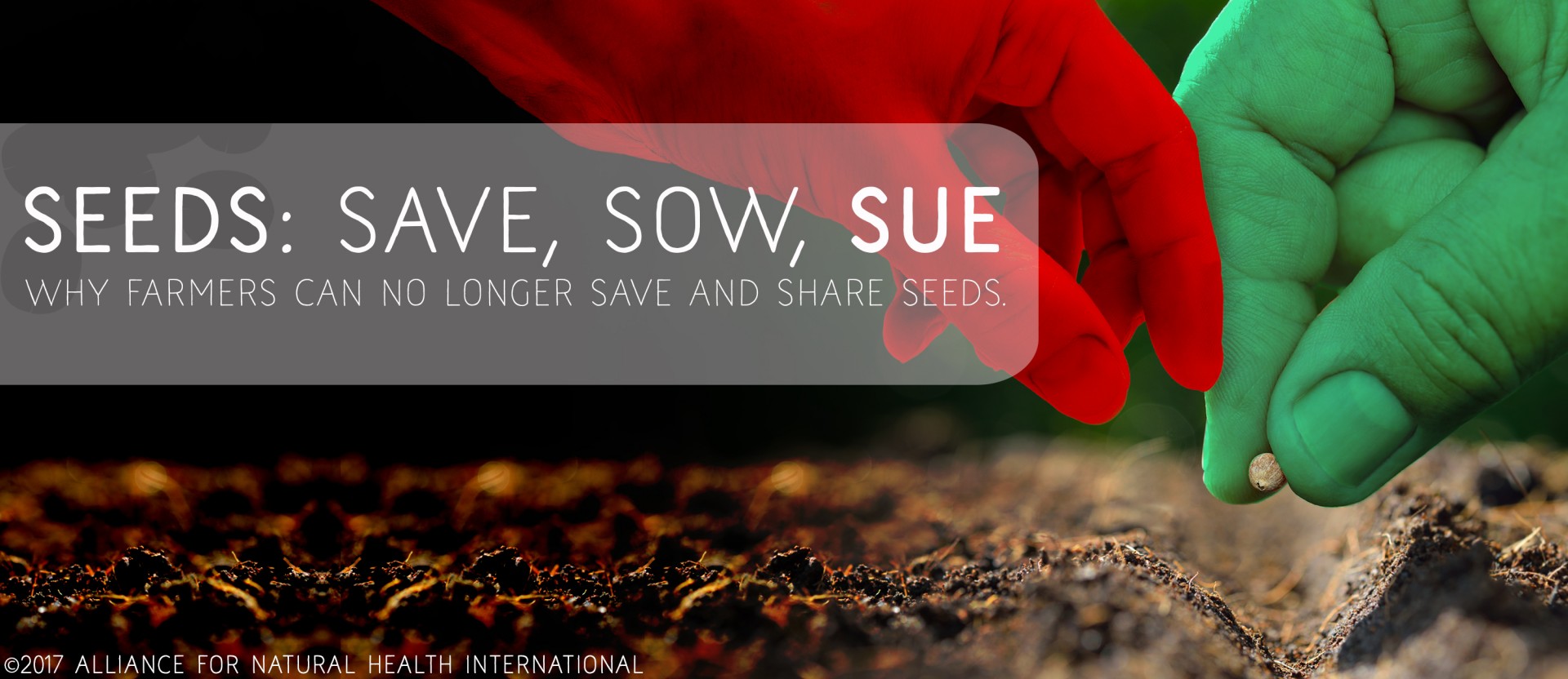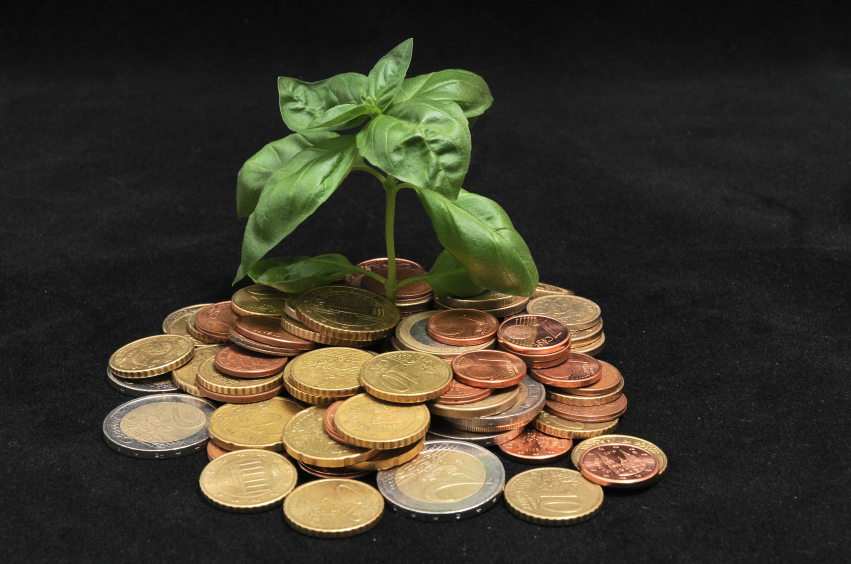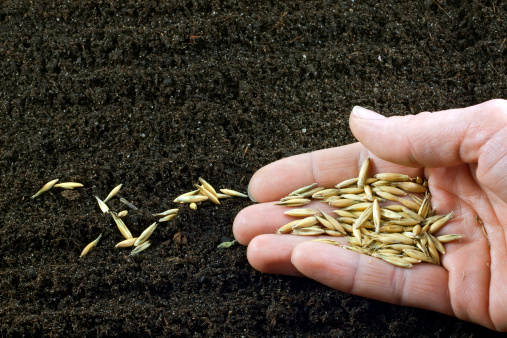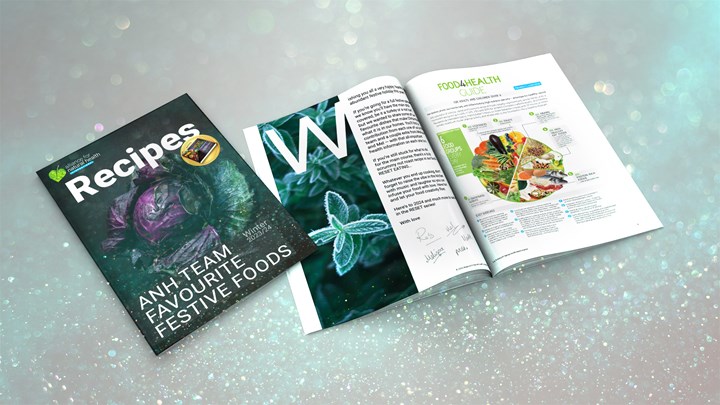The consolidation and oligopolisation of Big Agra has been unprecedented in recent years. Resulting in the shocking reality that 60% of the global seed market is now controlled by just four companies. Forecasts put the value of the global commercial seed market by 2025 at US$ 61.32 billion a rise of over US$21 billion over 2017. Seed patenting is removing plant husbandry from the hands of farmers. Leading to less and less non-GMO options, significantly reduced biodiversity, higher prices for farmers, more chemical use along with severe penalties if farmers try to save seeds (a practice relied on by many farmers in developing countries). With less competition comes a reduction in innovation and development in the seed market. This is of particular concern in less developed regions where food security is still a very real issue.
Seeds of food plants represent one of our most precious genetic resources. They also represent one of the biggest opportunities to either control the world’s food supply or improve the sustainability and security of our food production systems, as well as the livelihoods that are supported by them. Using agroecological methods plants can be selected to naturally resist disease, thrive without the use of pesticides and be adaptable to changing local climates, soil health and environmental conditions, as well as improving the quality of our food. More resilient plants that are well adapted to specific biogeographic regions that can better withstand pests and diseases can in turn reduce the amount of chemicals required to grow them bringing life back to environments and the organisms that live there.
We take a look back on #ThrowbackThursday at the insidious creep of the super-sizing of Big Agra conglomerates and their increasingly tight grip on the global seed supply.

Seeds: Save, Sow, Sue
Why farmers can no longer save and share seeds. The battle for control of our food chain
How far will governments go to help Big Agra promote and protect its products? An uncomfortable side effect of the industrialisation and globalisation of agriculture has been the handing over of the control of our food supply to an ever-smaller number of super-sized corporations.
These corporate conglomorates have made global agriculture more dependent on the seeds, fertilizers and pesticides that they sell. While pesticide and fertilizer sales have plateaued in the industrialised West, China, India and other emerging markets represent by far the largest and fastest growing markets for these products. While Big Agra reaps the financial benefits, the rest of the world bears the cost, notably to our health and the ecosystems on which we all depend for our survival.

European Commission trains its anti-natural sights on seeds
Proposed new 'seed law' uses familiar tactics to help the big seed companies
Last year, we drew your attention to European Commission (EC) proposals for an ‘Animal & Plant Health Package’ (APHP), ominously intended to regulate everything ‘from farm to fork’. Central to the APHP is a review of existing legislation on seed and plant propagating material, known in the real world as seeds. If you have misgivings about the bureaucratic monster that is the EC exerting further control over Europe’s seed supply, we’re right there with you – and we’re not alone. The EC’s proposed ‘seed law’ is turning out to be one of the most controversial pieces of legislation in its history. Here’s our lowdown of the issues, the current situation and how to make your voice heard.
Read more...

Are we going to let corporations and governments own our food supply?
Control is the common thread connecting several vital issues
In Europe, a new battle looms over the availability and free exchange of seeds, joining the worldwide struggle against genetically modified (GM) organisms. What’s it all about? To paraphrase a famous saying, “It’s control of the food supply, stupid”.
Read more...








Comments
your voice counts
12 July 2019 at 5:53 am
Sounds like a good reason to leave the EU. OK, Our trouble may not be over then but at least we will have a vote closer to home. Of course with the takeover by the deep state of social media, we would need a New, Natural Health Platform where our posts are no longer banned without right of appeal. We could call this new platform A4NaturalHealth. It could operate much like FaceBook and with a bit of luck, I will not have posts banned.
Come Robert time is not on our side. I will set up the platform and hand it to you.
12 July 2019 at 6:08 am
All need to know.. especially the Law givers.. that..
Biologist Arpad Pusztai had more than 300 articles and 12 books to his credit and was the world’s top expert in his field of genetics in plants. In the early 1990s, Dr. Pusztai was awarded a $3 million grant by the UK government to design the system for safety-testing genetically modified organisms (GMOs). His team included more than 20 scientists working at three facilities, including the Rowett Institute in Aberdeen, Scotland, the top nutritional research lab in the UK, and his employer for the previous 35 years. The results of Pusztai’s work were supposed to become the required testing protocols for all of Europe.
But when he fed supposedly harmless GM potatoes to rats.. within just 10 days, the animals developed potentially pre-cancerous cell growth, smaller brains, livers and testicles, partially atrophied livers, and damaged immune systems. Moreover, the cause was almost certainly side effects from the process of genetic engineering itself. In other words, the GM foods on the market, which are created from the same process, might have similar affects on humans.
Pusztai was fired. He was silenced with threats of a lawsuit, his team was dismantled, and the protocols never implemented. His institute, the biotech industry, and the UK government, together launched a smear campaign to destroy Pusztai’s reputation.
In February 2008, the Indian Supreme Court asked renowned biologist P. M. Bhargava to evaluate the practices of the Genetic Engineering Approval Committee (GEAC). Dr. Bhargava attended meetings, studied submissions, and consulted more than 600 scientific journals for his analysis. After 10 months he concluded that not only was the Indian approval system inadequate, but no GM crop in the world had ever been properly evaluated. In fact, of the 29 different categories of scientific research that he said should be conducted to protect the environment and public health, only 10% had been addressed… but even these few studies were industry-funded – designed so poorly that Dr. Bhargava deemed them quite worthless.
Monsanto Roundup weed-killer and GM maize are implicated in the Seralini cancer study. Scientists found that rats exposed to even the smallest amounts of GMOs, developed mammary tumors and severe liver and kidney damage as early as four months in males, and seven months for females. 50 percent of males and 70 percent of females died prematurely, compared with only 30 percent and 20 percent in the control group.
The difference with this study compared to Monsanto’s own study.. was that the Seralini rats were taken to full term, full life span. The Monsanto rat studies were stopped halfway into the rats lifespan.. and thus Monsanto declared GMOs as safe!!
Gilles-Eric Seralini of the University of Caen, France, carried out these studies in secret. It is illegal to do such studies, these GMOs being patents of the biotech giant Monsanto. The study was published in The Food & Chemical Toxicology Journal.
This story had a few more twists and turns. The F & C T Journal then cancelled the publication. when a new Editor, (an ex-Monsanto executive), stated that the study had been ‘poorly carried out’ giving multiple but not scientifically valid reasons. That Editor was later ‘removed’ and the study was re-published.
There’s other GMOs!! When foods have been genetically modified for improving the crop yields, for fighting drought, for increasing nutrient content etc. they may be quite safe. We don’t know yet, but can be assumed to be ‘quite’ safe, as they haven’t been Genetically Modified to develop their own toxic insecticide, herbicide, fungicide, viricide etc. Cross breeding strains and selection has been been ongoing for millennia.. which is technically also GMO, but not harmful! We eat those from many foods.
12 July 2019 at 12:58 pm
I recall within the last 2 years that the Scientists' were removing Polyphenols from vegetables, to remove the bitter taste of Polyphenols.
I seek information re ANY organisation in Australia that is agitating for food to be labelled re GMO's? back in Oz a few years ago, I noted that "fresh" vegetables & fruit has no GMO signage/labelling.
Robert Redfern's comments above: "We could call this new platform A4NaturalHealth" seems a very sensible proposal. Information such as Thomas Turk has posted here needs to be promulgated far & wide.
I am sure GreenMedinfo would welcome such a site, after their recent ban by their former server company - MailChimp, which has links to... .and other natural health proponents have also suffered from "censorship" by Facebook and similar organisations. The statement he makes about an Ex Monsanto Exec, there is so very much of this politically read greed of Big Business employees going into private and public service jobs. e.g. NHS in England and Big Pharma employees....
Do realise that it costs but.. "where there's a will, there's a way".
Reputable Business owners of such natural health businesses could provide financial backing for such a venture?
Is there a list of GENUINE non manipulated-seed Companies, where a home gardener can purchase from? I have bought for years my vegetable seeds and seedlings, but now I more than seriously question what I actually have been buying! serious question.
14 July 2019 at 2:25 pm
Deirdre, In the UK there are plenty of seed companies that sell organic seed. Small independent breeders and banks.
Seed Co-op
Real Seeds
Tamar Organics
Defland nurseries
And many more.
Robert, do you honestly believe that once we leave the EU we will have a "vote closer to home"? We do not have a say in which laws or rules are made/changed, but just simply a vote on which commercially manipulated political party happens to win an election.
15 July 2019 at 4:02 pm
Paul,
Much appreciated!
Deirdre
Your voice counts
We welcome your comments and are very interested in your point of view, but we ask that you keep them relevant to the article, that they be civil and without commercial links. All comments are moderated prior to being published. We reserve the right to edit or not publish comments that we consider abusive or offensive.
There is extra content here from a third party provider. You will be unable to see this content unless you agree to allow Content Cookies. Cookie Preferences